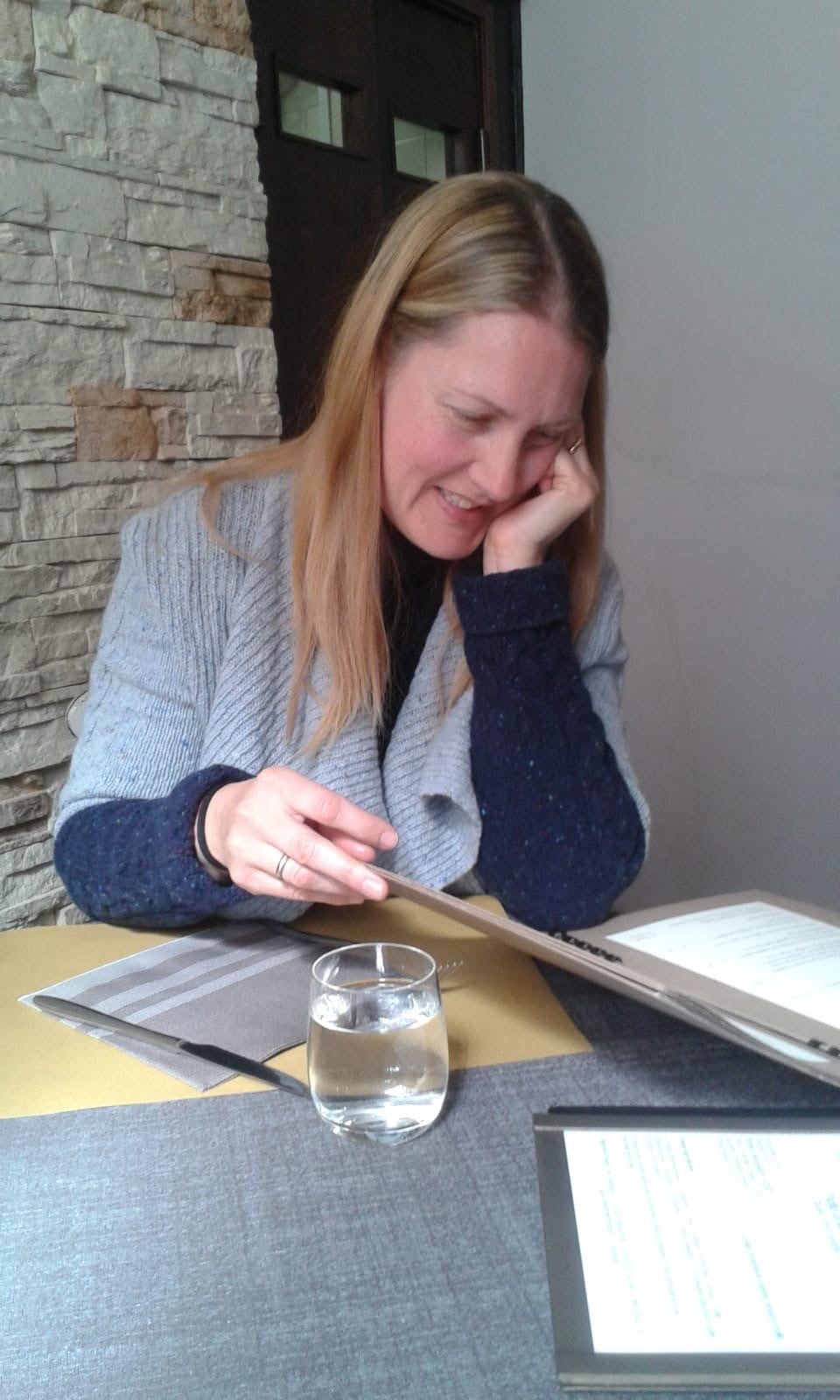In my book “Mental Healing Through Clay” I already mentioned how our Western society is focussed on just the importance of the happy side of our stories, obsessed with pushing away the negative and more shadowy sides of our tales. Positive thinkers and cheerful motivators seem to offer everyone’s happiness on a silver platter.
The tendency to unconditional positivity is even more present in our social media where we tell our audience about the nice places we go to, the awesome meals that we have, the incredible sports we practice… We are all feeding the beast of the forced highs in such a way that the lows do not even seem to exist.
We have all heard about the effects that these unrealistic representations of our lives have on people consuming those stories. People with a bad day, feel worse and feelings of envy, failure or inadequacy surface the readers’ minds. I admit I plea guilty too in trying to post mostly things that make me happy, but I also try to be mindful and try to raise awareness about the issue. I try to post things without a boasting attitude and generally intend to inform, motivate or create positive sensations within the readers.
Currently I am reading a book, “The antidote; happiness for people who can not stand positive thinking” by Oliver Burkeman. The title triggered my interest and I think it is a really good read.
Burkeman emphasises that one of the problems with the cult of optimism of our society is that the desperate pursuit of happiness is a self-defeating struggle that causes actually to sabotage happiness. He observes how positive thinkers, by envisaging excitable cheerfulness when talking about happiness, tend to make people more miserable.
He points out how the school of Stoics find the ideal state of mind in tranquillity, which is achieved by cultivating a kind of calm indifference towards situations. They turn towards negative emotions and experiences, not shunning them, but examining them closely.
This contemplation of negative events, leads to the conclusion that nothing outside our own mind can actually be described as negative or positive at all. What actually causes suffering are the beliefs we hold about things. Burkeman quotes Marcus Aurelius, the Stoic philosopher-emperor, who expressed this notion by saying that “Our perturbations come only from the opinion which is within” and he points out how Shakespeare has Hamlet say: “there is nothing either good or bad, but thinking makes it so”.
This, in my opinion, gives a lot of food for thought, in line with the Stoics’ idea that positive thinking isn’t actually a good technique when the goal we would like to achieve is happiness.
Actually, mere positive beliefs of the future make the positive thinker less prepared when things go wrong and thus cause greater distress when compared to someone who takes into account that things might go wrong. In addition to that, it is my view that realistically speaking, things are likely to go “wrong” at some moment in time. With “wrong” I intend that things are not going according to our plans or aren’t in line with our beliefs on how things should work out.
Another aspect of this idea is how most of us wrongly think to have much more control of the world than reality shows. We can actually try to influence events, but mostly even our own personal matters are often beyond our control. So if our happiness depends on bending circumstances to our will, achieving the ultimate goal of happiness becomes a much harder task than we had envisaged at first.
So maybe if trying hard to be happy has not worked out to be successful for us, we should start viewing things in a more “Stoic” manner and see how that turns out for us?
Maybe we should embrace the fact that most of life’s events are beyond our control and simply accept reality with an open mind? Could we analyse situations in a more neutral way, without immediately labelling them as positive or negative?
Could that bring us to a Stoic peace of mind and would that have a positive effect on our attitude to life?
Jun 29, 2021


 My name is Elisa; I am a woman, a mum, a daughter, a friend and a wife… and a passionate ceramicist/potter.
My name is Elisa; I am a woman, a mum, a daughter, a friend and a wife… and a passionate ceramicist/potter. 



